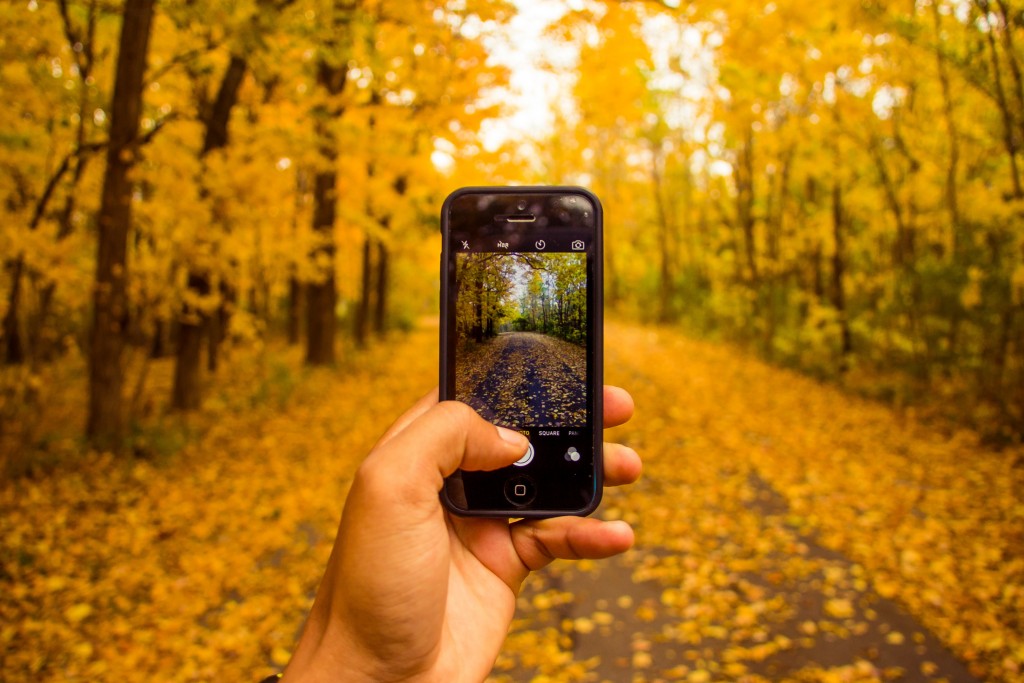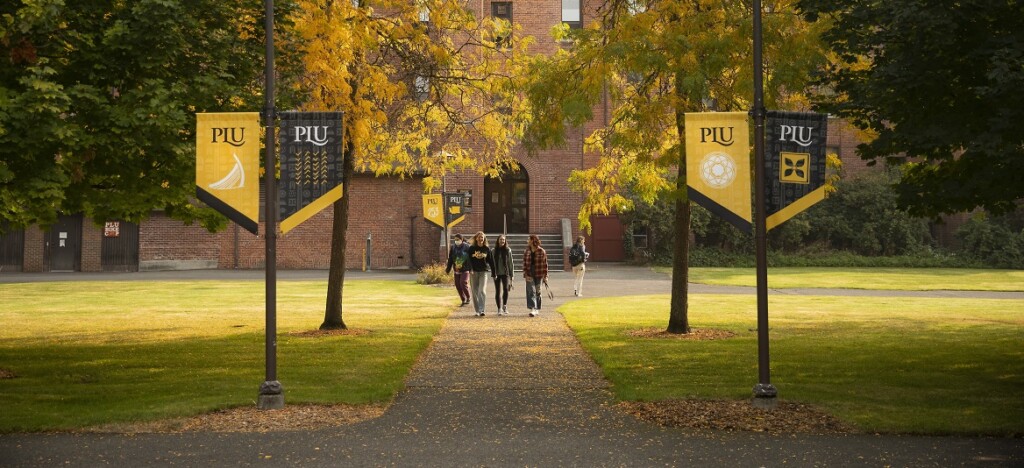Page 89 • (4,300 results in 0.044 seconds)
-
University Timeline 1890-1899 1900-1909 1910-1919 1920-1929 1930-1939 1940-1949 1950-1959 1960-1969 1970-1979 1980-1989 1990-1999 2000-2009 2010-2019 The University Timeline was researched and designed by Syracuse University MLIS student Alyxandria Smith in 2019. Previous versions of the University Timeline were created by Danielle Koenig (PLU Class of 2002), Gavin Jensen (PLU Class of 2001), Makara Thatch (PLU Class of 2011), Ayla Mull (PLU Class of 2012), and Rachel Diebel (PLU Class of 2016).
-

Where History and Innovation Meet Posted by: halvormj / November 28, 2017 Image: Does innovation change the way that we see the world? Photo by Dayne Topkin on Unsplash. November 28, 2017 by Damian Alessandro. The scope of human history is vast, encompassing everything that has happened in past societies. However, when most students think about history, they usually focus on the dates and events that have been highlighted in textbooks. These events tend to include social upheavals and mass
-
opportunities for leadership development and professional development appropriate to the student's interests and abilities. This is a Pass/Fail class only. A general outline of the student's final project is also expected to be developed as a function of the mentoring process. Can be repeated once for credit up to four semester hours. (2) KINS 515 : Applied Sport Psychology I Examination and analysis of theory and research relating to social psychological factors and group dynamics affecting sport and
-
opportunities for leadership development and professional development appropriate to the student's interests and abilities. This is a Pass/Fail class only. A general outline of the student's final project is also expected to be developed as a function of the mentoring process. Can be repeated once for credit up to four semester hours. (2) KINS 515 : Applied Sport Psychology I Examination and analysis of theory and research relating to social psychological factors and group dynamics affecting sport and
-

some of these new practices that you became active in education communities online and on social media? Yes, this is when I started blogging and sharing on social media about my classroom successes and challenges. It was through this process that I became an advocate for blended learning as an avenue to achieve seamless technology integration, differentiation and personalization in my science class. I also had the opportunity to work as a BetterLesson Blended Master Teacher and have my classroom
-
Foley and Bob Hamilton. The class will meet every Monday from September 23 to October 28 in Mary Baker Russell Music Center, room 322 from 7 pm to 8:30 pm. The last class day will include live musicians! Register below! Cost: $15 for PLU students, $20 for individuals, and $30 for couples. This includes all classes. Pay in cash or check at the class. Class Schedule – coming soon All classes will be in Mary Baker Russell Music Building room 322 at Pacific Lutheran University (Link to Google Maps
-
of the great literatures of the world, from Anglo-Saxon origins to post-modern rebellions: for example, identity, society, and God; love and desire; industry, science, and culture. (4) ENGL 275 : Literary Passages: An Introduction to Literatures in English An introduction to literatures in English from around the globe, focusing on the imaginative, critical, and social power of reading and literary study. This theme-based course is centered around an in-depth study of one of Shakespeare's plays
-

delivering world-class medical care, treatment and counseling. We recently caught up with four recent PLU graduates who are making an impact in health care; here they share their specialty areas, their motivations and the role PLU played in preparing them for their careers. Andrew Reyna, Medical Student, Oregon Health & Sciences University School of Medicine PLU Graduation Year: 2011 Degree: B.S. Biology Hometown: Salem, Ore. Current Residence: Portland, Ore. What sort of medical doctor are you planning
-
following questions might be useful to consider when you communicate expectations at the beginning of a term: Preparing for Class How should students prepare for each class session? When should students skim resources or read deeply? How will students know they are prepared for assessments and/or meeting learning objectives? Participation in Class What does active, engaged participation look like in this class? What are the consequences of missing class, arriving late, or leaving early? Is class
-

breaks in class. We frequently provide those accommodations to students, but we are not limited to those. When it comes to accommodations in classes, I am very glad to get creative – one of the best parts of my work is getting to partner with students to identify solutions to accessibility needs. At PLU the accommodation process is not just transactional. Beyond sending out the notifications of accommodation to your professors, I will also partner with you actively throughout your entire time as a
Do you have any feedback for us? If so, feel free to use our Feedback Form.


